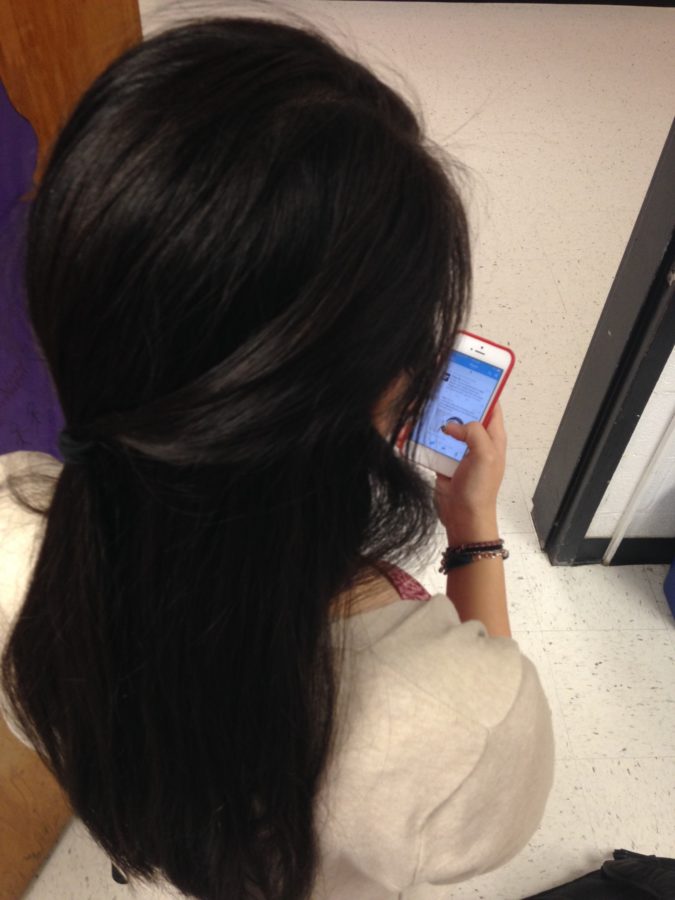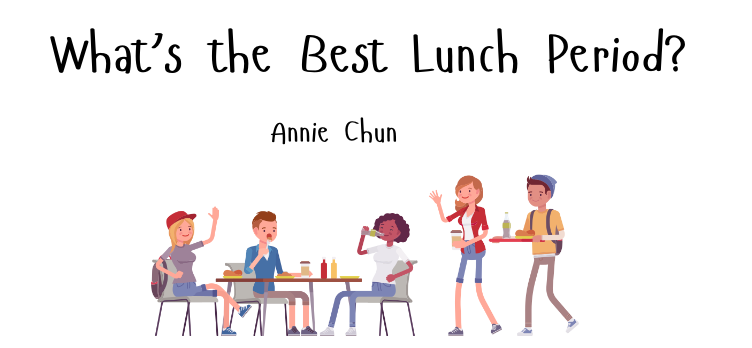To quote Mean Girls, evil takes a form in Private Twitter. That’s why it’s so big today, it’s full of secrets. Granted, this may be paraphrased a bit, but it remains true. Except instead of Regina George terrorizing the high school masses, the real villain here is everyone. Private Twitters, more popularly known as PT’s, take a step further into the realm of online bullying. The concept itself is nothing extraordinary; PT’s are used for people to “tweet” their private opinions and gossip more freely, post pictures that most would normally think twice about posting, or just talk to friends online without worrying about censoring themselves. It is essentially a smaller Twitter world open only to the people closest to you, and if PT’s were just used for this purpose, there would not be a problem. It would be no worse than any other existing high school-based social networking site. The catch is that there is a problem.
The dilemma with Private Twitters is the anonymity that comes with it, and if there is one thing that was learned during the Ask.fm and Formspring era, it is that anonymity comes with cruelty. What makes PTs different from normal Twitter accounts that are on a private setting is that the usernames and avatars are indistinguishable as well, making it impossible for people on the outside to tell who the PT belongs to. This creates a “secret society” appeal promoting a sense of elitism in who gets to follow who. Knowing that only a select number of people can see what a person writes, and the unspoken rule that no one can expose it to the public, allows a certain freedom for users to post negative comments about others. Even for those who did not create a PT for these intended purposes, it is easy to fall into the gateway to bullying. Seeing others go unpunished for trash-talking their classmates breeds a small temptation to follow their lead. Maybe not to the same degree, but the further it is allowed and the more “favorites” it gets each time can easily grow into something malicious. The most prominent form of this is when someone makes a small, distasteful comment about a commonly disliked person and it is widely approved of, especially if what they say is humorous. The attention and support “favorites” can create on Twitter produces an amazing sense of justification for the user, making them think it is okay to talk down to others. This process manifests a kind of mob mentality in users that spreads like wildfire. It is one thing for someone to be comforted by the fact that they are not the only one who is bothered by something or someone in particular, but it is another to harshly beat that point into the ground.
Many PT users are content with the naïve idea that their tweets cannot be seen by anyone they do not want, but it is commonly known that the veil of anonymity is a thin one. The widespread use of screenshots disputes any form of secrecy. Ironically this article will probably be ridiculed on PT and go through the same process, because inherently, everyone knows Private Twitters are not private at all. And while most people are reassured by the anonymity of their tweets, some go even further and become so confident they may even anticipate a person seeing their comments about them because they believe they will have the support of all their followers in a confrontation. Frankly put, this is not a good thing.
Obviously the high school environment will never be completely welcoming and warm towards everyone; not everyone gets along and there are bound to be conflicts for the unforeseeable future. However, if people are truly intent on ending bullying, a good start would be not abusing social media sites to harass others. PTs have the potential to be a great thing; it can bring people closer together without the expense of others, but that depends entirely on the users. When people tweet things about a classmate, they do it on their PTs to avoid any judgment and possible reprimands they could receive. But if someone has to make the conscious decision that something is too mean to post publicly, it is probably a sign that what they are saying is harmful.





